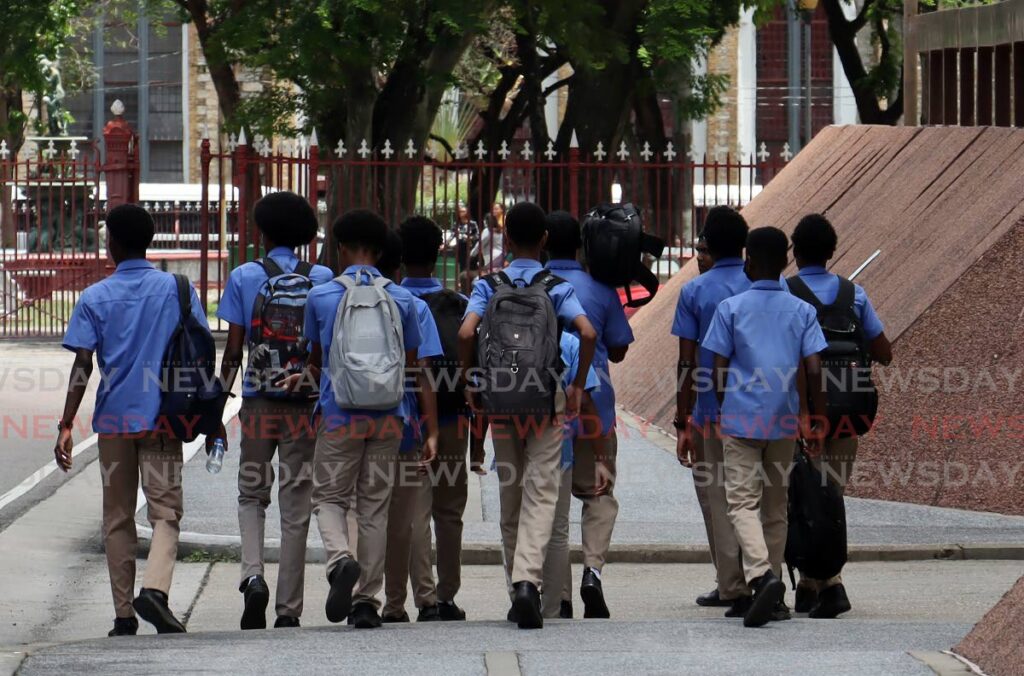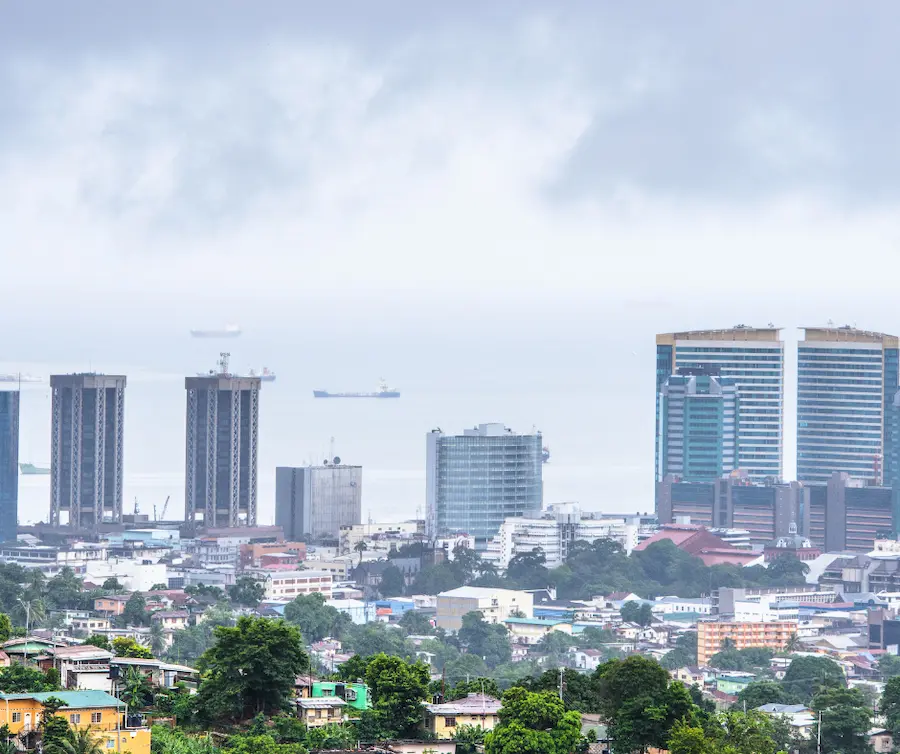

THE Silver Lining Foundation (SLF) is calling on policymakers to ensure that anti-bullying strategies are grounded in evidence, compassion and inclusion.
It called on the Education Ministry and all political parties to commit to developing a national anti-bullying policy that explicitly protects all students.
The organisation made the statement in light of recent policy proposals from political parties ahead of the upcoming general election.
In a release on April 11, the organisation said it has been working for over a decade to prevent bullying, violence, and discrimination in schools, particularly against lesbian, gay, bisexual, transgender, queer, intersex, asexual (LGBTQIA+) youth.
SLF executive director Jeremy Edwards said, “Effective anti-bullying strategies are not about more cameras or harsher punishments. They are about creating a culture of safety, respect, and early intervention, especially for students who are most at risk of harm or exclusion. Policies must be proactive, data-driven, and intersectional or they risk leaving our most vulnerable children behind.”
>
The organisation said bullying is one of the most widespread forms of violence affecting young people, especially students who are already vulnerable due to their sexual orientation, gender identity, disability, or socio-economic status
SLF did two National School Climate Studies in 2016 and 2019. It said 30 per cent of students reported physical bullying such as hitting and pushing; LGBTQIA+ students faced higher rates of bullying across all categories; nearly one in three students experienced coercion into unwanted sexual acts or pressure to send explicit content; and 15 per cent of students reported experiences of rape or sexual assault, often going unreported due to stigma and fear.
SLF said the policy must clearly define bullying, including physical, verbal, cyber, sexual harassment, and discrimination based on gender identity, sexual orientation, disability, and socio-economic status.
It said the policy should include clear reporting channels for students and teachers that are safe, confidential, and supportive, especially for LGBTQIA+ students who often fear coming forward, and guarantee non-retaliation protections for students who report bullying.
SLF said there should be a shift from punishment to prevention and restorative justice. It said schools should be supported to implement restorative justice practices, such as facilitated dialogue, peer mediation, and conflict resolution circles that hold students accountable while giving them tools to repair harm and rebuild relationships.
It said social and emotional learning curricula should be implemented, teaching students self-awareness, empathy, emotional regulation, respect for difference, and skills for peaceful conflict resolution.
SLF said there should be clear protocols for early intervention with at-risk students, identifying those who may be perpetrators and victims of bullying.
It said all adults in the school system, including teachers, guidance officers and parents must be trained to recognise early signs of bullying, trauma and vulnerability; apply trauma-informed, child-sensitive intervention techniques; and understand specific vulnerabilities of LGBTQIA+ students and how to provide affirming support. It said parents should be engaged as partners, not just disciplinarians, in addressing bullying and shaping positive student behaviour.
SLF said every school should have access to qualified guidance counsellors trained in bullying prevention, trauma response, and LGBTQIA+ affirming care; clear referral pathways for students needing mental health, social, or financial support, including collaboration with external NGOs like SLF; and peer mentorship programs that foster student leadership, inclusion, and positive role-modelling.
>
The NGO said policies must be informed by national data and ongoing research on bullying and school violence, including regular national surveys on school climate and bullying, disaggregated by gender, sexuality, and other key demographics; transparent reporting of bullying incidents in schools with annual public updates; and integration of civil society research, like SLF’s 2016 and 2019 surveys, to inform programme design and implementation.
SLF said school culture is shaped every day by what is said, tolerated, and celebrated. Schools must adopt explicit policies that value diversity and respect for all students; partner with civil society to provide age-appropriate workshops on bullying, diversity, consent, and respect; and create safe spaces for students to express themselves, such as student-led inclusion clubs or peer support groups.
“SLF remains committed to supporting the Education Ministry, schools, and civil society partners in creating classrooms where every child – regardless of who they are or how they identify – can feel safe, respected, and free from harm. Violence has no place in our schools. Inclusion must be at the heart of any solution.”


